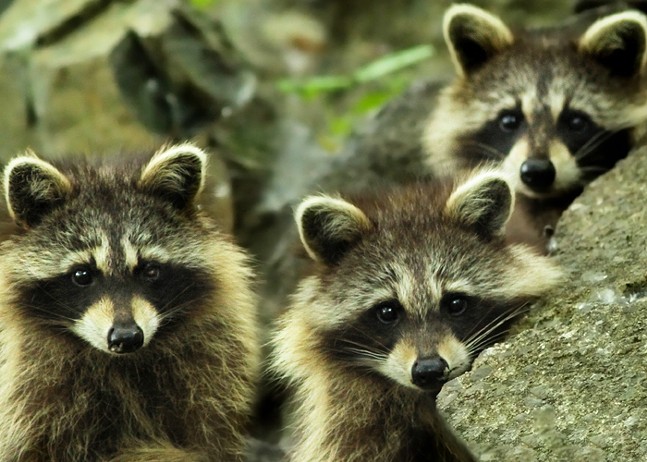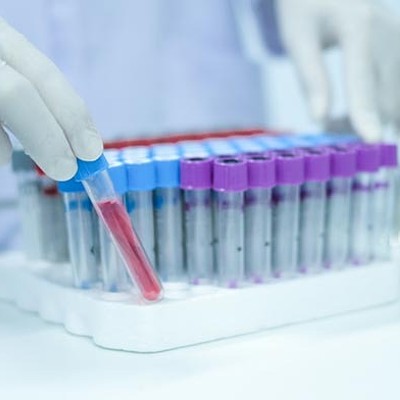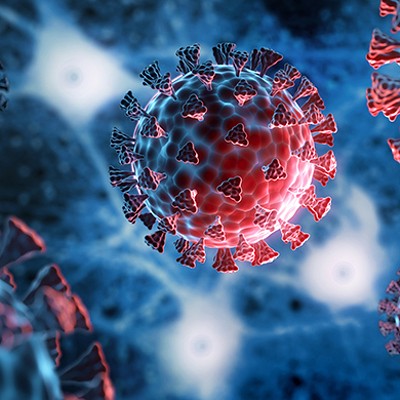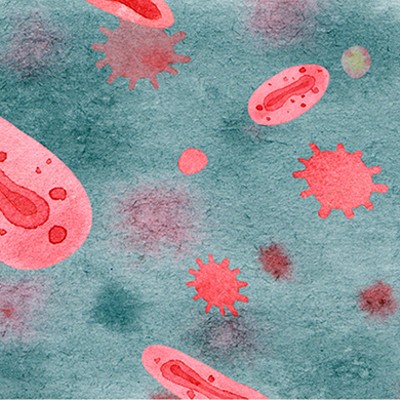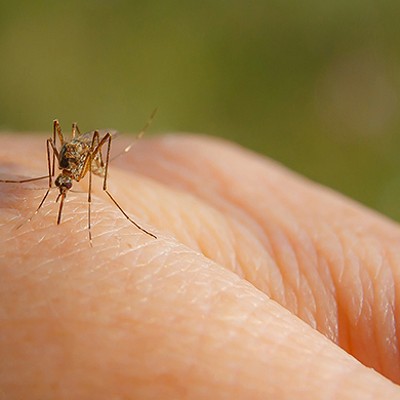Allegheny County to disperse "waxy, green" treats as part of raccoon vaccination program
Did you know that Allegheny County has a robust raccoon vaccination program? According to the Allegheny County Health Department, over the course of six weeks beginning Mon., July 25, the county will distribute more than 300,000 doses of an oral rabies vaccine for raccoons in all 130 Allegheny County municipalities, plus some in Beaver and Washington Counties.
“Allegheny County plays a critical role in rabies management and prevention in the United States,” explains Jamie Sokol, raccoon rabies baiting program coordinator. “The success of our program should serve as a model for other metropolitan areas as efforts to eliminate rabies in raccoons shifts eastward.”
The Raccoon Rabies Baiting Program has aimed to reduce the number of confirmed rabies cases in Allegheny County for 21 years. According to the USDA, 16 states, including Pennsylvania, distribute oral rabies vaccines to raccoons.
The ACHD says the bait will be spread by hand and aircraft, and that county residents should not be alarmed by any unusual low-flying aircraft activity.
“Residents might see low-flying, slow-moving aircraft pass over the same area multiple times over a short period of time,” read an ACHD release. “Some residents who are unaware of the program may find this unusual or even alarming, so the ACHD asks for the public’s help in getting the word out about the initiative.”
The oral rabies vaccine bait consists of a small blister packet that contains a liquid vaccine. The bait is coated in a waxy, green coating that tastes sweet and is attractive to raccoons, Sokol says. ACHD expects that most of the baits will be consumed within five days of dispersal.
While the oral rabies vaccines are only approved for use on raccoons, the baits are not harmful to pets. However, residents are asked to keep their dogs and cats inside or on a leash, so pets don’t eat the baits before raccoons can. Owners should not attempt to remove a bait from their pet’s mouth, ACHD warns, as doing so may cause them to be bitten and could lead to vaccine exposure. If a pet becomes ill from bait consumption, an owner should contact their veterinarian.
To ensure raccoons are hungry, the ACHD also asks residents to bring food sources indoors and make sure that garbage containers outdoors have secure lids.
Residents should avoid contact with the bait. If, by chance, they come in contact with the bait or the liquid vaccine inside, they should wash their hands and any other exposed area of skin with soap and water. In the unlikely event a rash develops, residents should contact their health care provider immediately.
Rabies is a virus transmitted by animal bites or scratches. Exposures due to a bite or scratch are almost always fatal when left untreated. Any resident bitten, scratched, or otherwise exposed to saliva from a stray or any other animal should immediately cleanse the contact area with soap and water, seek emergency medical treatment, and contact the Health Department by calling 412-687-ACHD (412-687-2243) to report the incident.
“Raccoon rabies spreads rapidly and infects large numbers of raccoons. The disease often spreads to other wildlife and pets, making human exposure a real concern,” says ACHD director Debra Bogen. “Rabies is a very serious disease. It is important to never feed, touch or adopt wild animals, and be cautious of stray dogs and cats."

